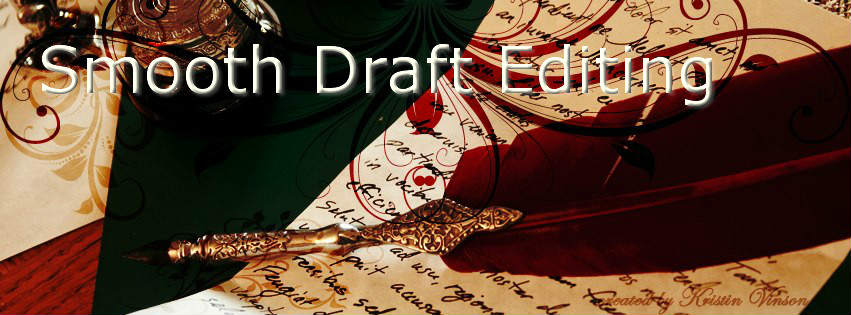Lessons Learned: How to WOW an Editor
By EM Lynley
I can’t guarantee you’ll get a contract–that’s up to a lot of other factors–but you will distinguish yourself by not pissing the editor off, and often, that’s halfway to getting an acceptance rather than a rejection. Remember, editors are busy people and reading your sub is not often their first priority, even when they’re working. Don’t waste their time or give them a reason to move onto the next submission or email.
There are many reasons fiction manuscripts get rejected and very often it has nothing to do with the writing. Even good writers with interesting plots get rejected, and here are some suggestions to help you avoid the same fate. Storyline and style can often be subjective, but there are certain things editors look for in every story and if you address them, you will increase your chances of an acceptance.
This list isn’t intended to be extensive or exhaustive, but it covers some of the most common issues and how to address them before you submit your manuscript.
1. Know the publisher.
Visit their website, read blurbs and excerpts of the books they have actually published. Buy and read a few if your budget allows. If your story doesn’t fit in with what the company publishes, e.g., if you send a religious memoir to a publisher specializing in erotic romance, you are guaranteeing a rejection and an editor angry because you wasted her time.
2. Follow directions.
Read the directions on the publisher’s submission information page. Every publisher has one or will provide them if you request by email or snail mail.
If they ask for specific information in your cover letter be certain to provide it. Don’t make the editor open your attached manuscript just to find out the title or word count of your story.
Provide everything requested and nothing they don’t, unless it provides the editor information about your story. A secret: most editors skim over biographical information, at least at first. They will focus on whether your story fits what their readers are buying, not how your aunt’s dog gave you the inspiration for the story. Caveat: with non-fiction, you will need to sell your qualifications to write the piece, but not for fiction.
3. Revise and improve your story.
You don’t want the editor to have this reaction!
Use all your senses when writing. Nothing pulls a reader (and editor) in like feeling they can smell, taste and touch what you are writing about. You know all about show, don’t tell. It’s especially true when it comes to emotions. Try different ways to express emotions. The Emotion Thesaurus provides great examples that go beyond the mundane.
Select the correct point of view for each scene and stay in that character’s POV without head-hopping. This is a huge turnoff for editors, and an indication your piece needs major rewriting before your story will be ready to publish.
Check out this excellent resource for avoiding common writing errors: Self-Editing for Fiction Writers by Renni Browne and Dave King.
4. Proofread, proofread, proofread!
Avoid incurring the ire of an editor with sloppy mistakes, bad grammar and poor word choice. A good story gets an editor’s attention, but one marred with these errors shows the editor you aren’t serious enough about your writing to present your best work.
Your manuscript will be edited by a professional, but the less work a piece needs the more likely it will get selected over an equally entertaining and well-written piece. Buy and read a tried-and-trusted guide like Strunk and White’s The Elements of Style.
If you’re a new writer, or haven’t yet been published, seriously consider having a professional editor look at part or all of your manuscript before submitting it. You’ll be amazed what you can learn from someone with years of experience in writing and publishing.
5. Handle rejection professionally.
If you do end up with a rejection, behave professionally. Never shoot off a heated response or insult the editor. If an editor offers you any suggestions, thank them graciously. Editors from different publications know each other and they will share stories about how writers interact with them. Avoid ruining your reputation in the industry before your career has even begun by remaining polite and cooperative.
Got any others to share? Or questions, you’d like answered? Please leave a comment or email Smooth Draft directly.

I’m sorry the link for Elements of Style is not working, I looked it up, but I’m not sure if I found the correct one… is it this one? http://search.barnesandnoble.com/Elements-of-Style/William-Strunk-Jr/e/9780205309023
Try this link and I’ll fix the other one. Thanks for letting me know.
reply here.